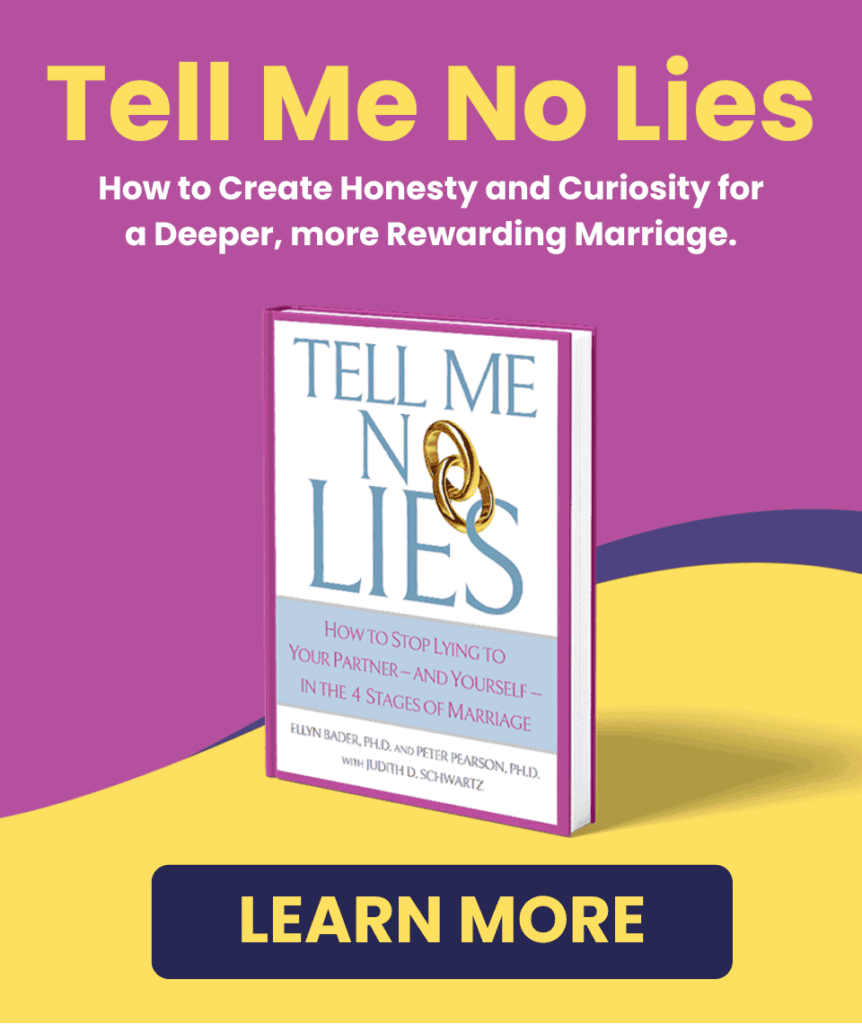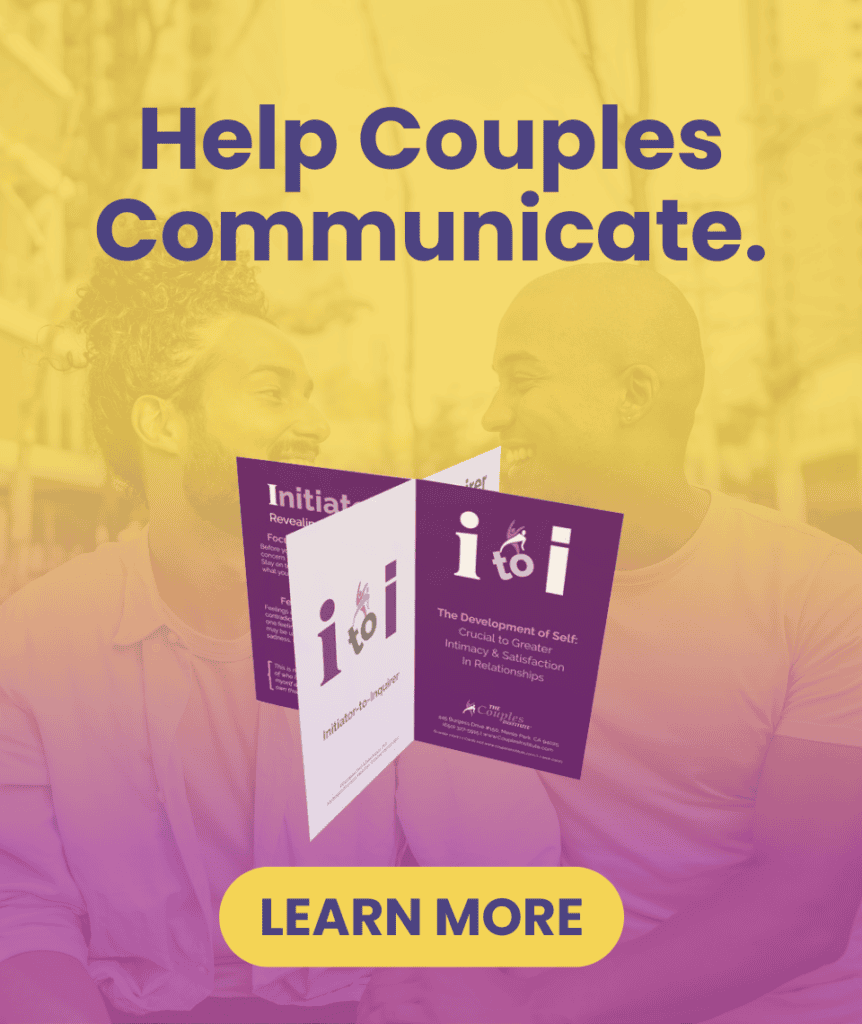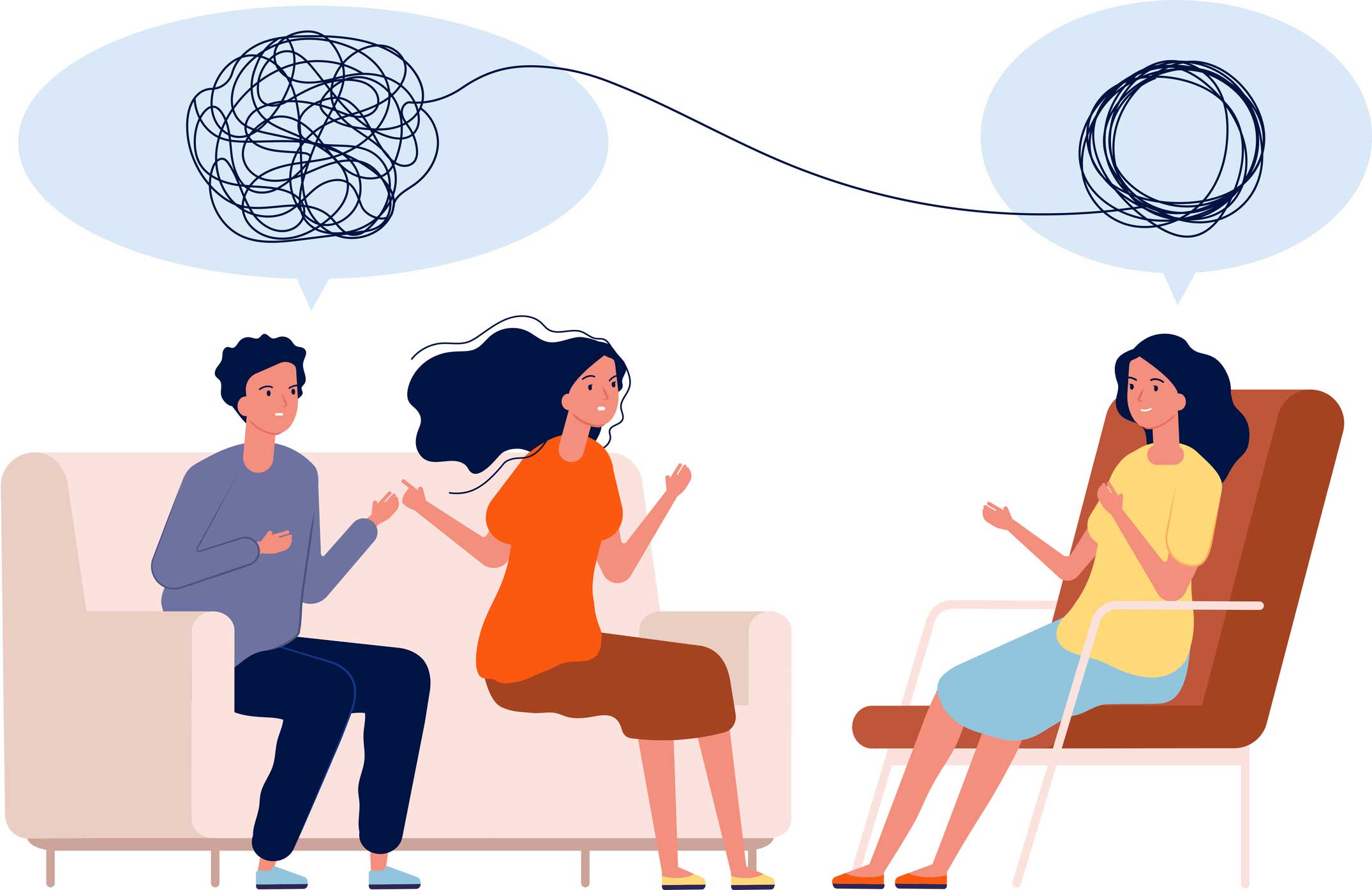They slice and dice, causing wounds not easily healed by pacifying words.
They inflame like a blowtorch on tinder.
They suck the life out of all that they touch.
What are they? They're the one-liners we fling at each other during arguments, the cruel and aggressive wisecracks or retorts that escalate a fight like nothing else. And when these zingers begin to outnumber the kind words spoken to each other, they cripple the growth of relationships.
Learning how to communicate well in a conflict – how to argue without hurting and insulting – each other is possibly the most important relationship survival skill ever. It increases personal happiness, relationship satisfaction and peace of mind-and reduces divorce and domestic violence rates.
Here, then, are a few one-liners to avoid, along with suggestions for better alternatives:
1) “That's not what's happening here!” This is just one of many versions of the line: “I'm right and you're wrong!” And whether you say it or just think it, “You're wrong!” creates a lose-lose situation.
Try this approach instead, “Well, here's another perspective or point of view.”
2) “You always.” or “You never.” Starting a sentence with either of these phrases is guaranteed to raise tempers.
Be specific. Talk about a particular incident. Rather than complaining, “You never listen to me,” try something like this: “When you respond that way, I conclude you don't want to understand me in the way I'd like you to.”
3) “You really know how to hurt me.” This line suggests that the other person is intentionally trying to hurt you. It also implies that someone other than yourself has power over what you feel. It places you in the role of emotional “victim.” But you're not a victim–you have choices whether or not to be hurt by someone's actions.
Try this instead: “What you just said/did really stung. It was especially painful because.”
4) “How can you be that way?” This isn't really a question. It's an assault that implies, “You're a terrible/insensitive person, and you should be ashamed of yourself.”
Try this instead: “When you did/said that, it really hurt. I don't know if you intended to hurt me, or if you were frustrated yourself about something. Can you help me understand why you did that?”
This is communication under stress at its highest level. You not only avoid defending yourself by explaining the pain you are in, you actually investigate the distress your partner is in. This can make it much easier for your partner to hear the impact of what they did on you.
Of course, these are mild, compared to the doozies we come up with in the heat of an argument. But for love to flourish and deepen, for healthy and long-lasting relationships, we need to learn how to incorporate acceptance, self-understanding, compassion and tolerance into our conflicts. And maybe one-liners like, “I love you!”



 We respect your privacy.
We respect your privacy.

